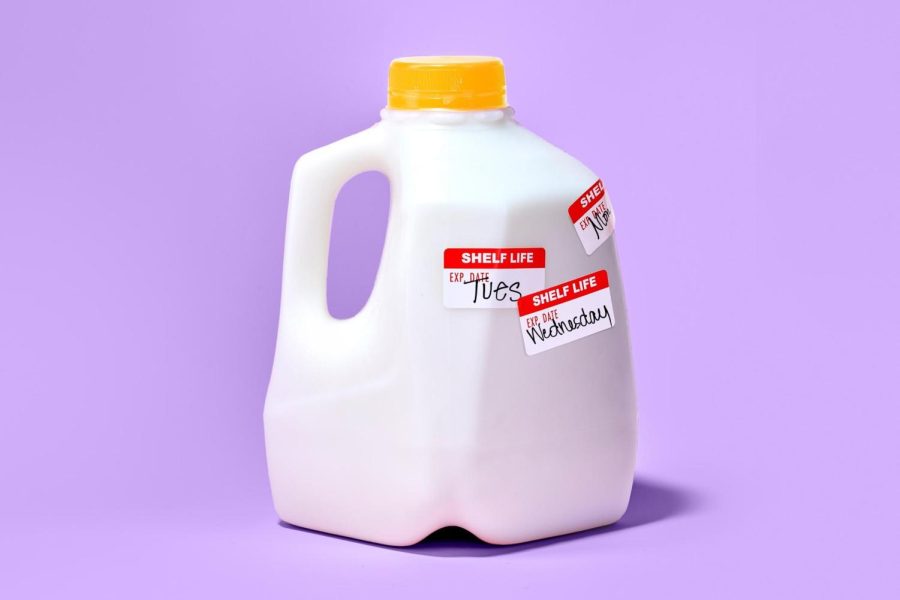Korea changes expiration date system
On Jan. 1, the Korean government changed expiration date guidelines from best-by-dates to use-by-dates. The Ministry of Food and Drug Safety (MFDS) first announced the decision to stop using best-by dates in September 2021, but it had not been implemented until the new year. Given the time required to determine the new expiration dates, the MFDS has given a minimum one-year grace period for all expiration dates to be updated.
The government aims to diminish product waste through this change. With the old expiration dates, fresh foods were sometimes marked as expired and thrown away. Use-by-dates will allow the consumer to maximize the life of each product.
“I think this change will enable me to comfortably eat products for a longer period of time,” Andrew Ro (10), grocery shopper, said. “In the past, I had to throw away dairy products very quickly. Now I think I will be able to actually finish the products.”
Another goal of this policy is to increase awareness about expiration dates. A 2013 survey showed that approximately 56.4 percent of consumers believe that products need to be discarded by the expiration date, revealing the widespread misconception about them.
However, critics of the policy say that only showing the use-by date will have serious consequences by encouraging stores to sell products at a later date.
“I am worried that stores and marts will start selling products right before the use-by date,” Liam Lee (10), healthy eater, said. “It is okay to sell products near the end of the expiration date since consumers can still use or eat the product until the use-by date. But that would no longer be the case if markets start selling products at the end of the use-by-date.”
Other critics also argue about the potential waste of time and resources as producers need to redetermine each product’s use-by date and create new designs to incorporate the dates.
The appeal of this policy is to reduce waste while allowing consumers to use products until they are actually expired.

